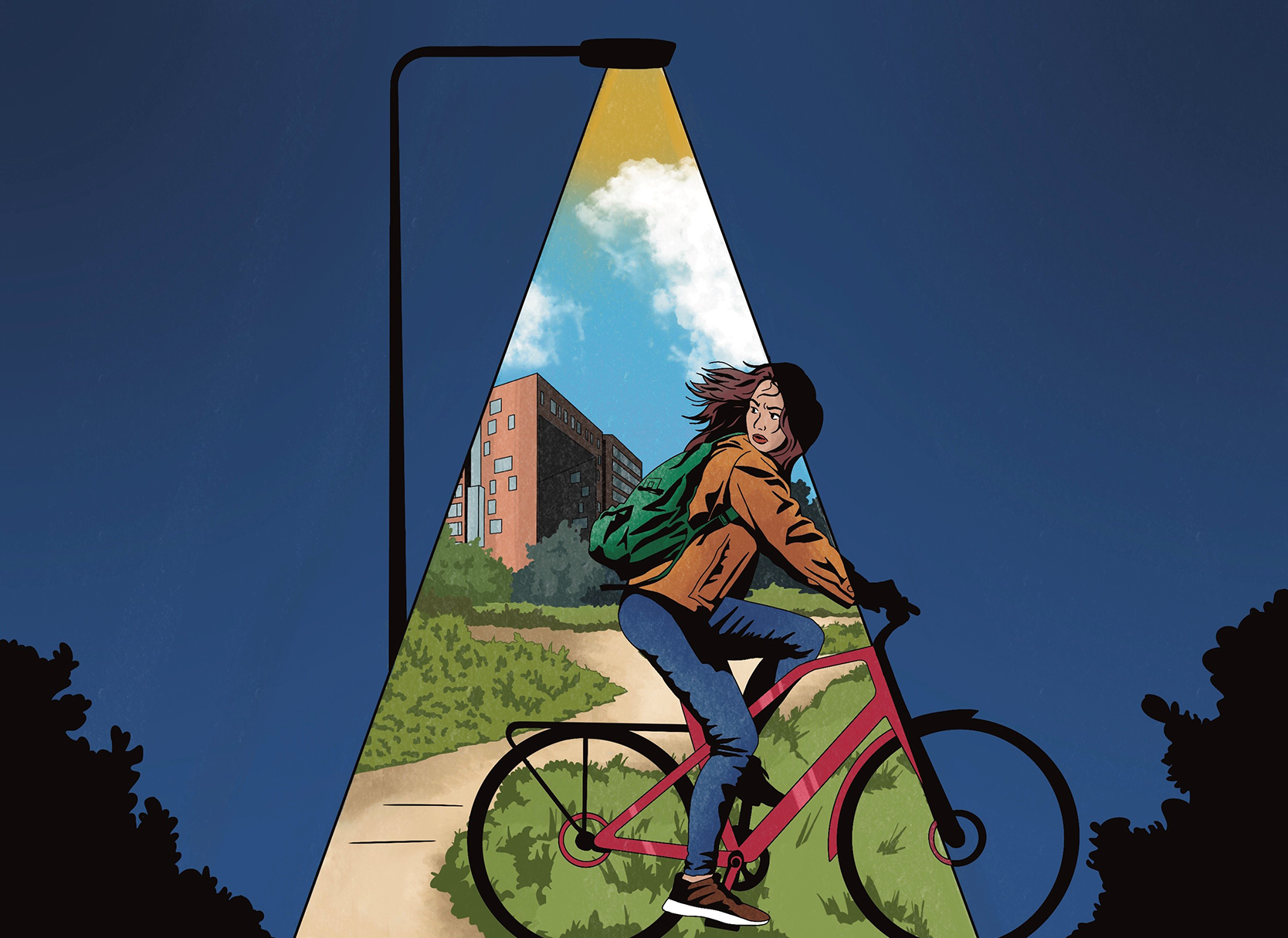To make student life socially and sexually safer, the Student Pact was presented last week. It is an ‘action-oriented approach by students in favour of positive sexuality in student life’, the sub-title states. The pact has been both well and ill-received.
The Student Pact is a joint production by the government commissioner for sexually transgressive behaviour, Mariëtte Hamer, several student associations and organisations, Amnesty’s initiative Let’s Talk About Yes (LTAY), and specialised organisations such as the Gelijkspel foundation. The thirty-page pact describes tips and actions for student organisations and their members, as well as education institutes and municipalities. This is the first national guideline of this sort that includes information on how to proceed if a report is filed and how to improve the reporting procedures.
Eveline Nales of LTAY Wageningen is positive about the content of the pact. ‘The Student Pact aligns with the six points in our manifest. We consider it a valuable addition to combat sexual violence among students. Hopefully, this will help ensure that asking consent becomes normal.’
‘No guy without consent? Sounds catchy, but misses the point entirely’
Anneke Valk, assistant professor of Biology
Consent is key in the Student Pact. Government commissioner Hamer launched the slogan ‘Not a real man without consent’ in interviews, but the phrase did not meet with everyone’s approval. As summarised by Anneke Valk, assistant professor in Biology and menstruation expert: ‘It sounds catchy but makes no sense at all. No guy without consent? Without consent, you are committing a felony! As soon as you humiliate, abuse or rape someone, you are in the wrong, and that goes for women too. The binary perspective of “a guy” may also be stigmatising and may also cause a rift. A real pity because I believe it is time for discourse, openness and understanding.’
Valk is also worried about what message the pact sends students, ‘I miss the nuance. The focus should not lie exclusively on setting boundaries and stopping perpetrators but also on what we can do. Help students learn how to indicate what they do and don’t want in a natural way. Do you suddenly find a hand on your behind while you’re dancing? Place it on your back. Or address the situation. These social empathic skills merit more attention at WUR, too.’
Social awkwardness
People have become increasingly crude in how they interact, Valk concludes, ‘Perhaps due to covid, perhaps because dating takes place mostly online, I don’t know. But it seems as if we have forgotten how to be physically close without it immediately having to lead to sex. Especially men barely have room to experience ‘normal’ intimacy. It is either bingo and sex or getting dumped; I’m not saying men are permitted nothing these days. That is nonsense. But it is more businesslike. The light-hearted flirting and social awkwardness of trying to court someone has disappeared. That is something I would like to discuss, including in the Student Pact.’
Related series at Studium Generale
Op the 12th, 19th en 26th of September, Studium Generale organises a series on Love & Sex. Especially the second session seems highly related to the Studentpact and it’s dilemma’s. ‘We interactively explore what love and sex might mean nowadays, in a time when both sexual liberation and social safety are high up on the agenda. Together, we will look for better ways to express and do justice to our diverse sexual and romantic preferences and desires. Let us talk about love and sex!’, the Studium Generale website states.

 Unexpectedly finding a hand on your behind while dancing: respond with tact or zero tolerance? Foto Med Mhamdi via Unsplash
Unexpectedly finding a hand on your behind while dancing: respond with tact or zero tolerance? Foto Med Mhamdi via Unsplash 

